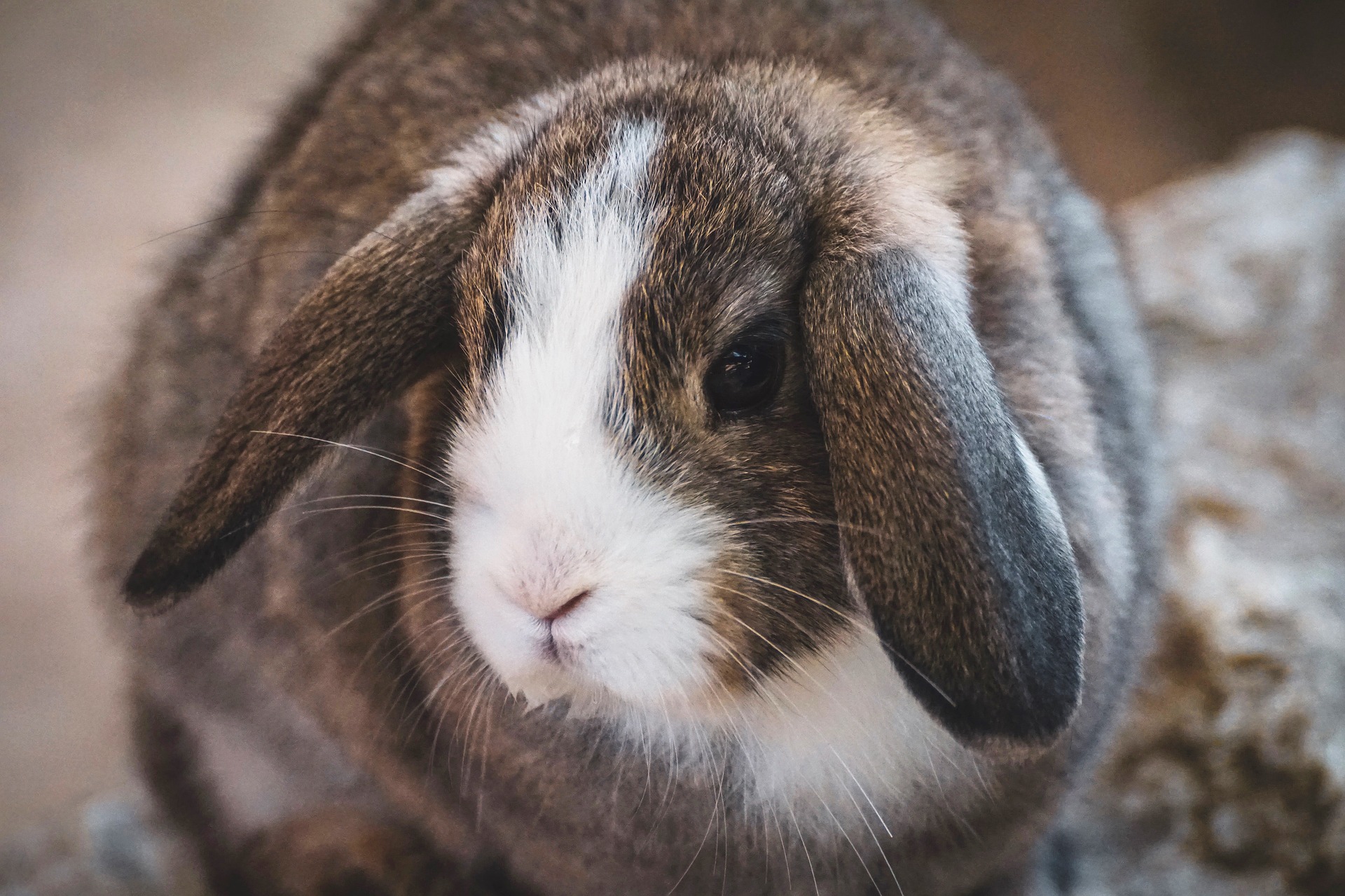If you have decided to adopt a rabbit as a pet or if you already have one it is important to know that these lagomorphs need special care with the arrival of winter to maintain their good health.
Although rabbits are more tolerant of cold than heat, low temperatures and climate change can increase their risk of developing some of the diseases common in rabbits, such as colds and breathing problems. They can also cause hypothermia.
- In this Animal Expert article.
- We’ll explain if the rabbit is cold and what you can do to help regulate your body temperature by providing you with safe heat.
- In addition.
- We offer some tips to take care of your rabbit in winter.
As we said, rabbits are better suited to temperate and cold climates than to very warm areas, where they can suffer quite easily a heat stroke. There are several breeds of rabbits, so your lomomorph companion’s cold tolerance may vary depending on the characteristics of your body and its place of origin.
In theory, wild rabbits can withstand temperatures of up to -10 degrees Celsius, as long as they have a shelter where they can protect themselves from the elements. However, if your rodent is used to living indoors and at a stable temperature, exposure to this cold can seriously damage your health. No domestic rabbit should be exposed to extreme temperatures, whether hot or cold.
Dwarf rabbits, on the other hand, should be considered more vulnerable to cold and climate change. Ideally, they live in an environment with average temperatures between 18oC and 20oC, so as not to develop respiratory problems and other diseases that cold can cause in rabbits.
No, no known rabbit species currently has the ability or habit of hibernating. Therefore, you should pay close attention to your friend’s food and well-being during the winter.
Now that you know that lagomorphs adapt well to temperate regions, you may be wondering how to know if a rabbit is cold. The body temperature of rabbits varies between 38oC and 40oC and the ideal temperature for their environment should be around 18oC. When the ambient temperature drops rapidly or sharply, the following cold symptoms may be observed in rabbits:
If the rabbit’s body temperature is below 36 degrees Celsius, symptoms of hypothermia may appear, indicating a more severe deterioration of your health. Symptoms of hypothermia in rabbits include:
You think your rabbit’s sick? Discover the symptoms of a sick rabbit in this Animal Expert article.
If you notice that your rabbit has cold ears or shows other signs of cold, you should act quickly to prevent your body temperature from dropping and hypothermia. Many people wonder what to put in rabbits to avoid the cold.
A good idea is to wrap the rabbit with a blanket, protect it and transmit heat to it. You can also place it in your arms, wrapped in a blanket, on a dry sheet or towel for a few minutes, using your own body warmth to help you regulate your body temperature and combat cold symptoms.
If your rabbit has been wetd by snow or rain, before wrapping it in the blanket, you should dry it with a clean, dry towel. Moisture associated with cold can help develop symptoms of hypothermia. Do not use thermal pads, as the combination of electricity and moisture is very dangerous and you can burn your rabbit.
Of course, you should keep it indoors in an environment with stable temperatures and no less than 18 degrees Celsius. When your rabbit has recovered from the cold, we recommend that you check your body for characteristic burns or freezing points. If you notice any abnormalities, don’t hesitate to take your rabbit to a specialist veterinary center to check its health.
On the other hand, if you notice that your rabbit already has symptoms of hypothermia, you can use the above methods as first aid, but you should consult a specialist veterinarian urgently.
To keep your rabbit from getting cold, you’ll need to provide specific care during the winter, as well as the basic care rabbits need to lead a healthy, active, and happy life. Here are the main treatments for your rabbit in winter:
This article is for informational purposes only, in Animal Expert.com.br we cannot prescribe veterinary treatments or make any kind of diagnosis. We suggest that you take your pet to the veterinarian in case of any type of condition or discomfort.
If you want to read articles similar to Coelho Feel Cold ?, we recommend that you go to our Prevention section.

